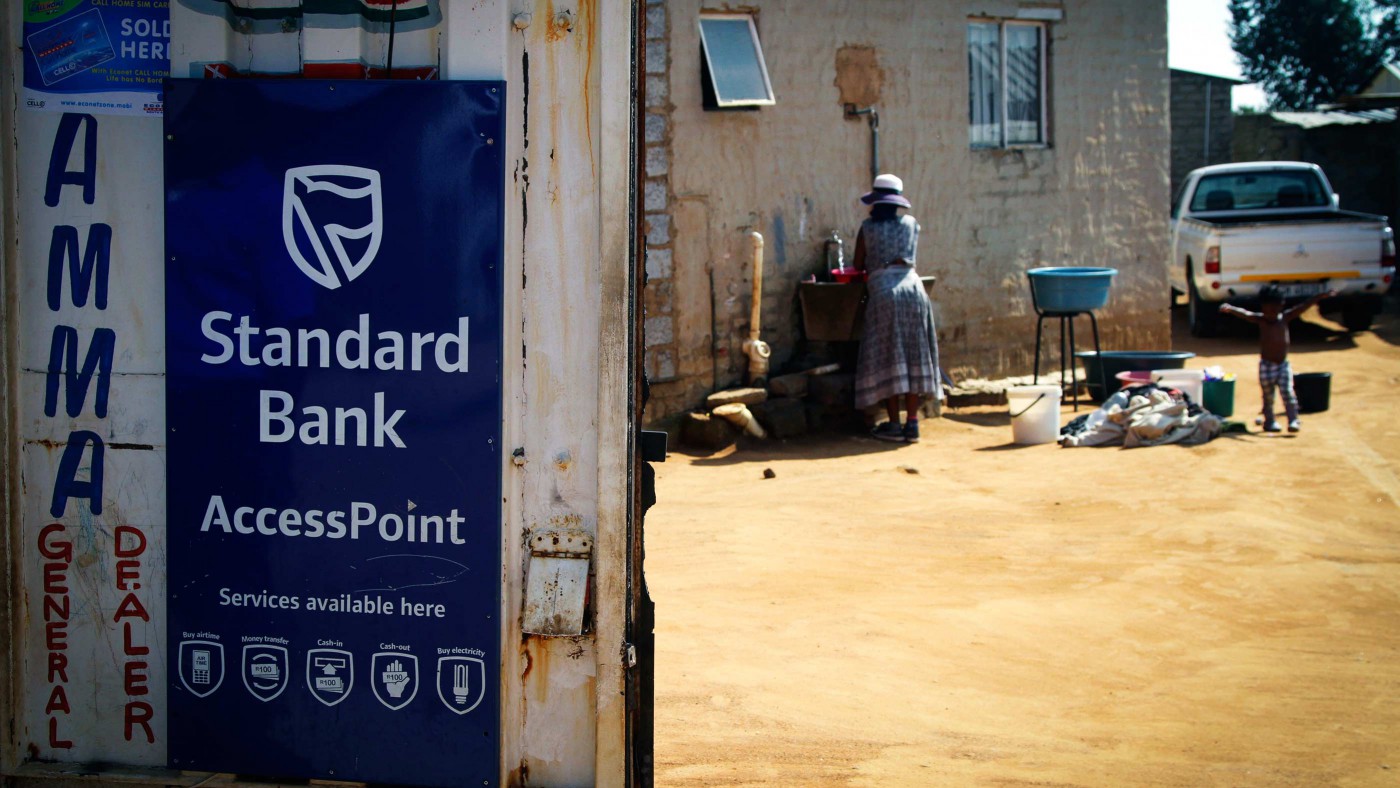A fear during the immediate aftermath of the financial crisis was that the global banking system would become fragmented, returning to a collection of silos protected by national regulators.
The crisis in the Eurozone and its forerunner in the US sub-prime mortgage market seemed to forebode a future of capital controls and a brake on the forces of globalisation.
It would seem that such fears were unwarranted. A new study released this week by Stijn Claessens and Neeltje Van Horen for the IMF on the impact of the global financial crisis on the globalisation of banking shows that financial liberalisation is accelerating among developing and emerging economies despite the events of the last six years.
At first glance the headline statistics do point to some fragmentation, with the share of foreign banks measured by assets falling from 13% to 11% between 2007 and 2013. Banks based in Europe and the United States reduced their overseas portfolios to cut their exposure to sovereign risk and meet more stringent capital requirements at home.
According to research by McKinsey, Western Europe accounts for some 70 percent of the drop in global cross-border capital flows, which fell from $11.8 trillion in 2007 to an estimated $4.6 trillion in 2012. A large proportion of this is a natural readjustment to the poor incentives inherent in the design of the Euro. Having a single interest rate set by the European Central Bank disguised the heterogeneous sovereign and market risk of members of the single currency, and suggested that there were more investment opportunities in the European periphery than there actually were. A study by DIW, a Berlin-based economic research institute, suggested that Germany lost €600 billion, or 22% of GDP, on the valuation of its foreign portfolio investments between 2006 and 2012.
But this obscures the trends in the rest of the world. Claessens and Van Horen find that in developing economies, the share of foreign banks (by number) increased from 43% in 2007 to 47% in 2013, with the share in assets modestly rising from 24% to 25%. In East Asia, where memories of the 1997 financial crisis will still be acute, 28% of banks are now foreign-owned, up from 18% in 2005. Banks from emerging markets saw the assets they control increase from $365 billion to $728 billion since 2007. There is a long way to go, however, as these banks account for only 8% of global foreign assets held by banks.
The growth in cross-border trade in the developing world is being driven regionally, as Western banks recede from the landscape – creating opportunities for well-capitalised local rivals. Chile’s Corpbanca bought the Colombian arm of Santander, while HSBC recently sold its operations in Costa Rica, El Salvador and Honduras to Banco Davivienda of Columbia. The share of foreign bank assets held by banks operating in the same region rose from 56% in 2007 to 60% in 2012, driven by big rises in the Americas, Asia, the Middle East and Africa.
This is good news. The rise of cross-border banking should be welcomed as it raises competition in the financial sector, facilitates freer trade in goods and services, and allows capital to find its most productive use wherever it is to be found around the world.
However, regionalisation of international banking will create headaches for regulators, who will need to find ways of harmonising national regulatory standards with their regional partners. Given the difficulties of achieving banking union in the euro area (particularly a resolution fund and deposit insurance), the challenges of agreeing common accounting standards for the treatment of capital and disagreements generally over the scale of regulation, there is a lot to be done before we can claim that global finance is safe from the kind of paroxysms that it has endured in recent times. Movement towards a mature and more efficient global banking system is happening but there will be major challenges for the financial community along the way.


